| SCIENCE 565231422 Are you really only as old as you feel? New research suggests yes Feel younger than your age? Your brain may be healthier and you may be more resilient than same-age peers. By Emily Laber-Warren New York TimesNOVEMBER 23, 2019 — 5:09PM |
Not long ago, Stephanie Heller was leaving her gym when she noticed a woman struggling to bend down. She bounded over to help. The woman blamed her age for her incapacity, explaining that she was 70. But Heller was 71.
“This woman felt every bit her age,” the real estate agent said.“I don’t let age stop me. I think it’s a mind-set, really.”
Each of us has a chronological age, the number we commemorate on birthdays. But some 50-, 60- and 70-year-olds look and feel youthful, while others do not.
Scientists can measure these differences by looking at age-related biomarkers — skin elasticity, blood pressure, lung capacity and grip strength. People with a healthy lifestyle and living conditions and a fortunate genetic inheritance tend to score “younger” on these assessments and are said to have a lower “biological age.” But there’s a much easier way to determine the shape people are in. It’s called “subjective age.”
When scientists ask, “How old do you feel, most of the time?” the answer tends to reflect the state of people’s physical and mental health. “This simple question seems to be particularly powerful,” said Antonio Terracciano, a professor of geriatrics at Florida State University College of Medicine in Tallahassee.
Scientists are finding that people who feel younger than their chronological age are typically healthier and more psychologically resilient than those who feel older. They perform better on memory tasks and are at lower risk of cognitive decline. In a 2018 study, South Korean researchers scanned the brains of 68 healthy older adults and found that those who felt younger than their age had thicker brain matter and had endured less age-related deterioration. By contrast, people who feel older than their chronological age are more at risk for hospitalization, dementia and death.
“We have found many, many predictive associations,” said Yannick Stephan, an assistant professor of health and aging psychology at the University of Montpellier in France.
If you’re older than 40, chances are you feel younger than your driver’s license suggests. Some 80% of people do, Stephan said. A fraction of people — fewer than 10% — feel older. The discrepancy between felt and actual age increases with the years, Terracciano said. At 50, people may feel about five years, or 10%, younger. By the time they’re 70, they may feel 15% or even 20% younger.
Most of the research is based on associations between how old people feel and their health status, so it cannot establish cause and effect. It’s not clear, for example, whether feeling younger makes people healthier, or people who are already healthy tend to feel younger.
For Francisca Mercado-Ruiz of South Plainfield, N.J., getting healthier transformed her internal sense of age. In the months leading up to her 49th birthday, she fulfilled her goal of losing 49 pounds. Before the weight loss, she had back and hip pain and felt like she was 65. Now she’s off her blood pressure medication, full of energy, has few aches and says she feels 35.
A few intriguing studies suggest that a youthful frame of mind can have a powerful effect. In a 2013 experiment by Stephan and colleagues, for example, people’s grip strength improved after they were told that they were stronger than most people their age. A Chinese study published in November 2018 in the journal Aging & Mental Health found that people performed better on a memory task after being told they were sharper than others their age.
But critics assert that for many, subjective age simply reflects cultural obsessions with youth. People cultivate a younger identity to fend off stereotypes of frailty and senility, said David Weiss, a life span psychologist at the University of Leipzig.
Indeed, in cultures where elders are respected for their wisdom and experience, people don’t even understand the concept of subjective age, he said. When a graduate student of Weiss’ did research in Jordan, the people he spoke with “would say: ‘I’m 80. I don’t know what you mean by ‘How old do I feel?’ ”
Paradoxically, older people may hold warm feelings for their generation even as they feel distaste for people their age. In a 2012 experiment, Weiss and a colleague divided 104 people ages 65 to 88. Members of one group were asked to describe people their age, while those in the other were asked about their generation.
The first group wrote things like: “People of my age are afraid” and “People of my age often talk about their illnesses.” The generation-oriented group displayed a stronger sense of empowerment. Those members wrote things like: “People of my generation were the 68ers who founded a more civil society,” a reference to the student protest movements of the late 1960s. One way to combat internalized ageism, Weiss suggested, is to identify with one’s generation.
A similar feeling of shared purpose keeps Thomas W. Dortch Jr., 69, an Atlanta businessman and philanthropist, vibrant. He said he feels like he’s in his early 40s. As national chairman of the organization 100 Black Men of America, he nurtures the next generation of leaders. “I’ve been focused all my life on being engaged and working to make sure that life is better for future generations,” he said. “I can never be too tired to make a difference.”

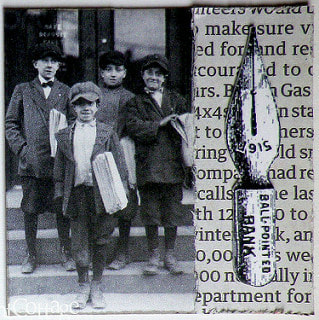
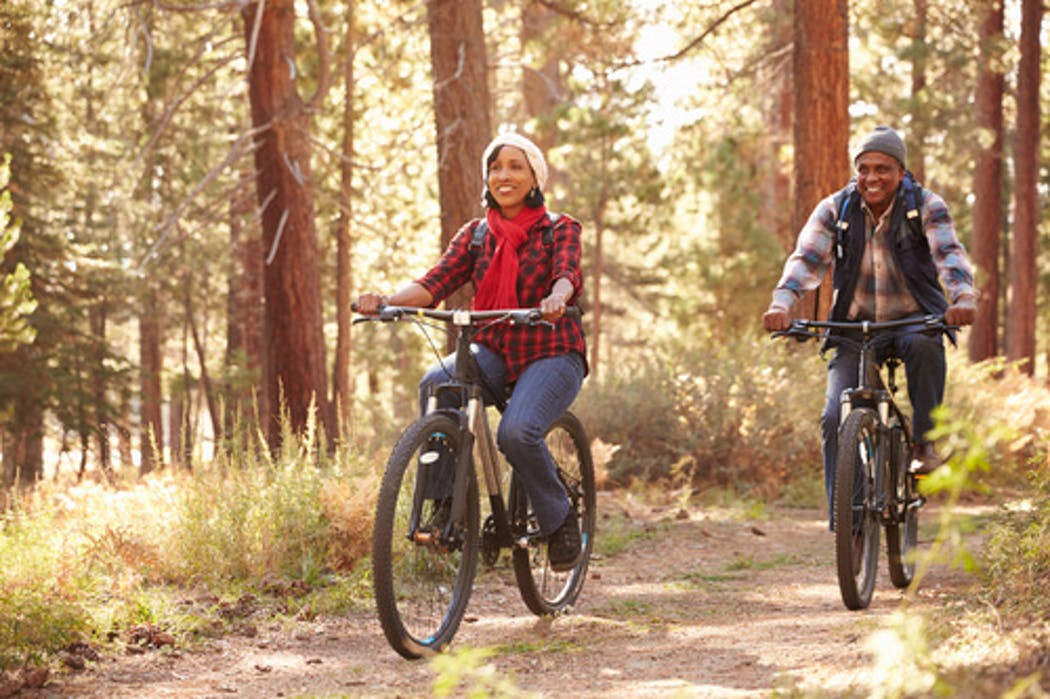

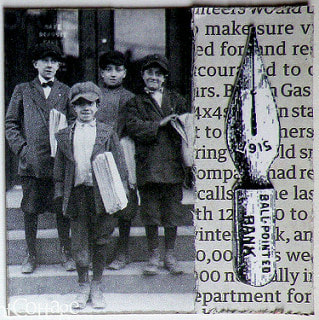



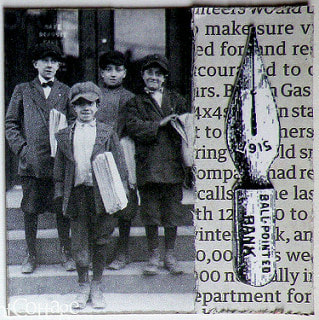
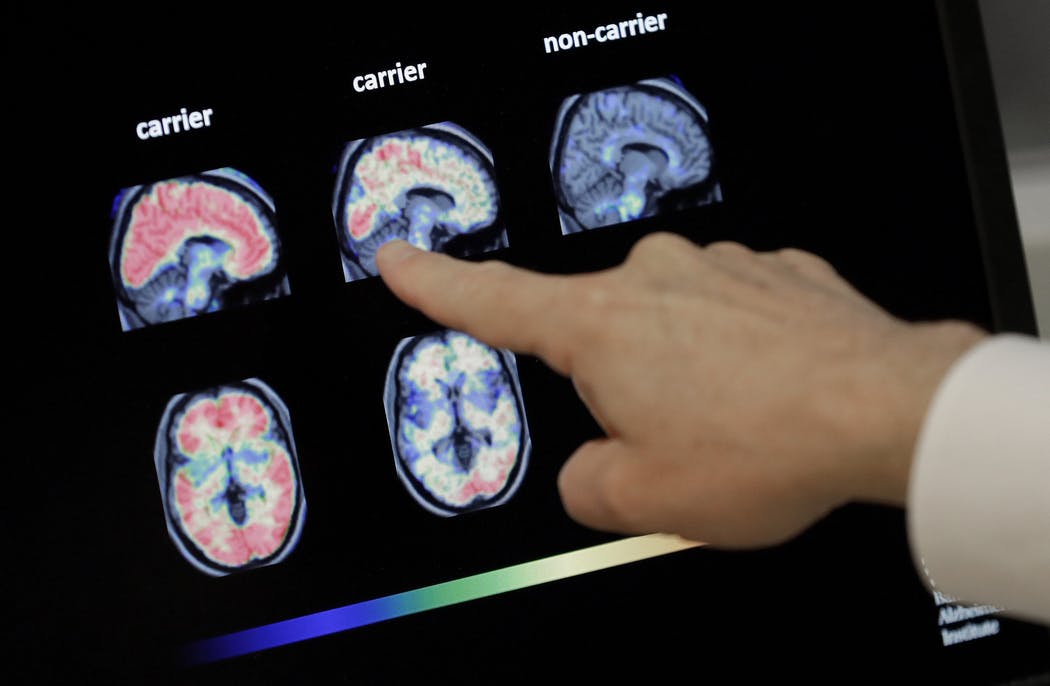

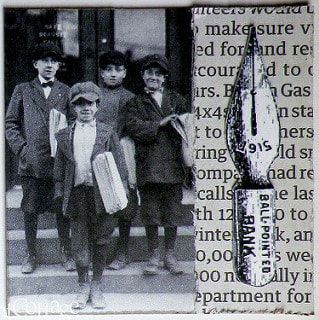
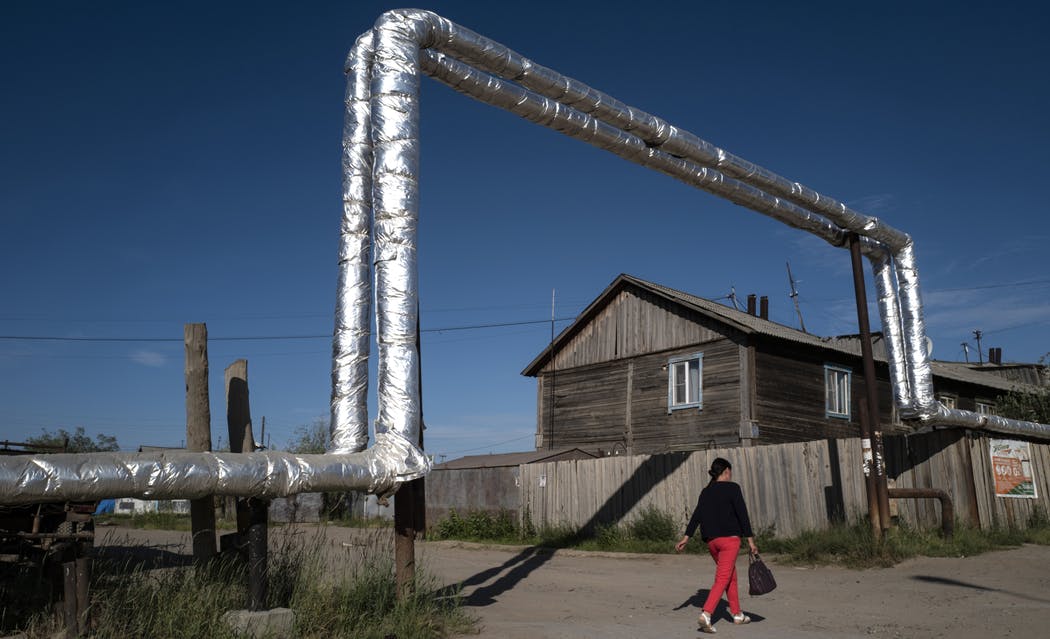

 RSS Feed
RSS Feed